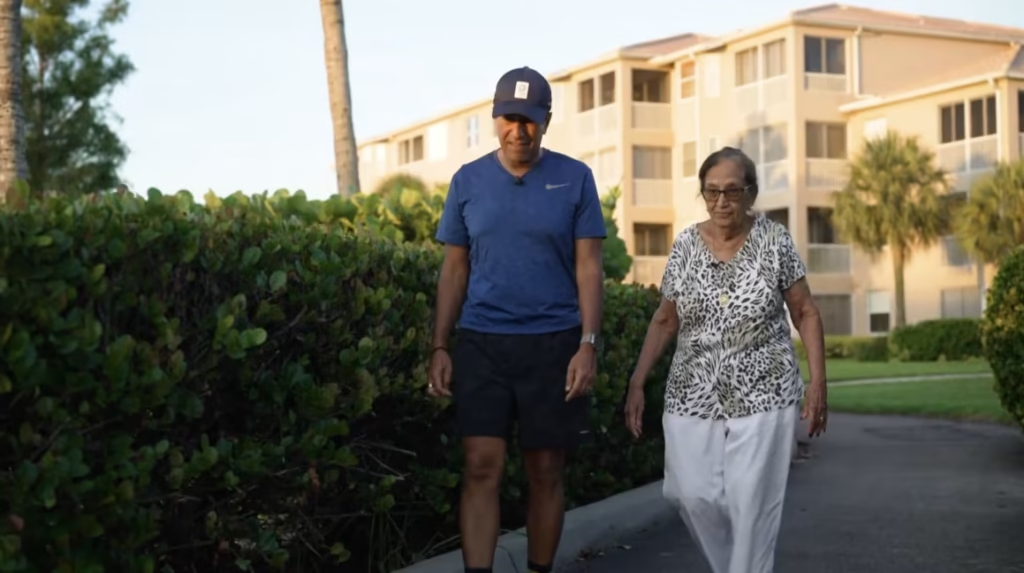Pain is one of the most common human experiences yet also one of the least understood. Millions of people live with chronic discomfort that limits their movement, their happiness, and even their sense of identity. Dr Sanjay Gupta, CNN’s Chief Medical Correspondent and a practicing neurosurgeon, has taken on this challenge in his new book It Doesn’t Have to Hurt along with a CNN special airing in early September. His message is simple but powerful: pain can be managed differently and life does not have to be ruled by suffering.
Dr Gupta explains that pain is not only a physical signal from the body but also a process shaped in the brain. This means that the same injury or condition can feel very different depending on factors such as stress, environment, and emotional health. Understanding this opens the door to new approaches that go beyond medication alone.
One of the surprising insights highlighted is how mindfulness meditation can provide pain relief similar to opioid medication by activating the brain’s natural opioid system. Simple practices like controlled breathing, guided meditation, or even focused relaxation can rewire the way the brain processes pain. Dr Gupta also points to the benefits of physical tools such as foam rolling and acupuncture, which were once dismissed but are now supported by scientific studies.
The book and documentary also share deeply personal stories. Dr Gupta draws from his mother’s long struggle with back pain and the toll it took on her daily life. He also highlights breakthrough research from the University of California San Francisco where neural implants helped a patient predict and even interrupt waves of extreme pain. These human stories show that pain is not just a medical condition but also an emotional and social journey.
The future of pain management, according to Dr Gupta, lies in a more holistic model that combines medical treatment with mindfulness, movement, social support, and in some cases advanced technology. It is about treating the brain as much as the body. Most importantly, it is about treating people with compassion, listening to their unique experiences, and giving them tools to live fuller lives.
With It Doesn’t Have to Hurt, Dr Gupta challenges the old belief that pain must simply be endured. Instead, he offers a vision of hope—where science, empathy, and self-care come together to reduce suffering and restore quality of life.


